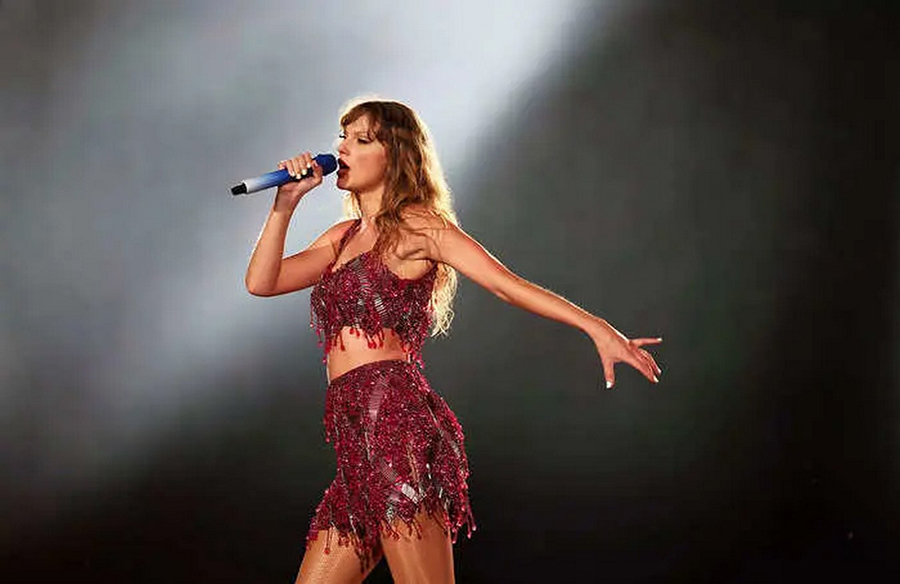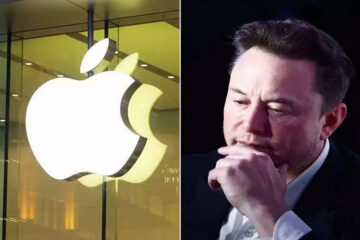Taylor Swift’s TikTok Return

Taylor Swift’s recent return to TikTok highlights the enduring importance of the app for even the most prominent music stars. The pop sensation’s music, alongside tracks from numerous other artists like Drake and Olivia Rodrigo, was removed from TikTok at the end of January amidst a contractual dispute between her record label Universal Music Group (UMG) and the platform’s parent company, ByteDance.
Impact on Artists
The removal of songs from TikTok has posed significant challenges for artists, especially those releasing new music. TikTok serves as a vital promotional tool for performers and record labels alike. The app’s vast user base discovers new music through trends and user-generated content, often propelling songs onto the Billboard charts. However, with UMG artists unable to use their own tracks on TikTok, promoting new albums has become more challenging.
Swift’s Negotiation
Despite ongoing tensions between TikTok and UMG, Taylor Swift’s music reappeared on the app shortly before the release of her new album, “The Tortured Poets Department.” Swift’s ownership of her masters provided leverage, allowing her to negotiate directly with TikTok. While UMG declined to comment, Swift’s return to TikTok suggests a resolution or temporary agreement between the parties.
Significance of Swift’s Return
Swift’s decision to reintroduce her music on TikTok underscores the platform’s significance in music promotion, even for established stars. Despite Swift’s massive social media following and influence, TikTok remains a crucial tool for launching new albums and engaging with fans.
Empowering Artists
The TikTok-UMG dispute has prompted artists like Hit-Boy to assert greater control over their music. Hit-Boy, whose work was affected by the TikTok purge, emphasized the importance of artists creating their own platforms to ensure visibility and independence in an industry dominated by major labels.
In conclusion, Taylor Swift’s return to TikTok highlights the platform’s indispensable role in music promotion and the growing trend of artists asserting control over their creative output.












